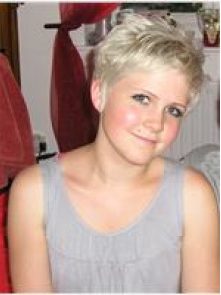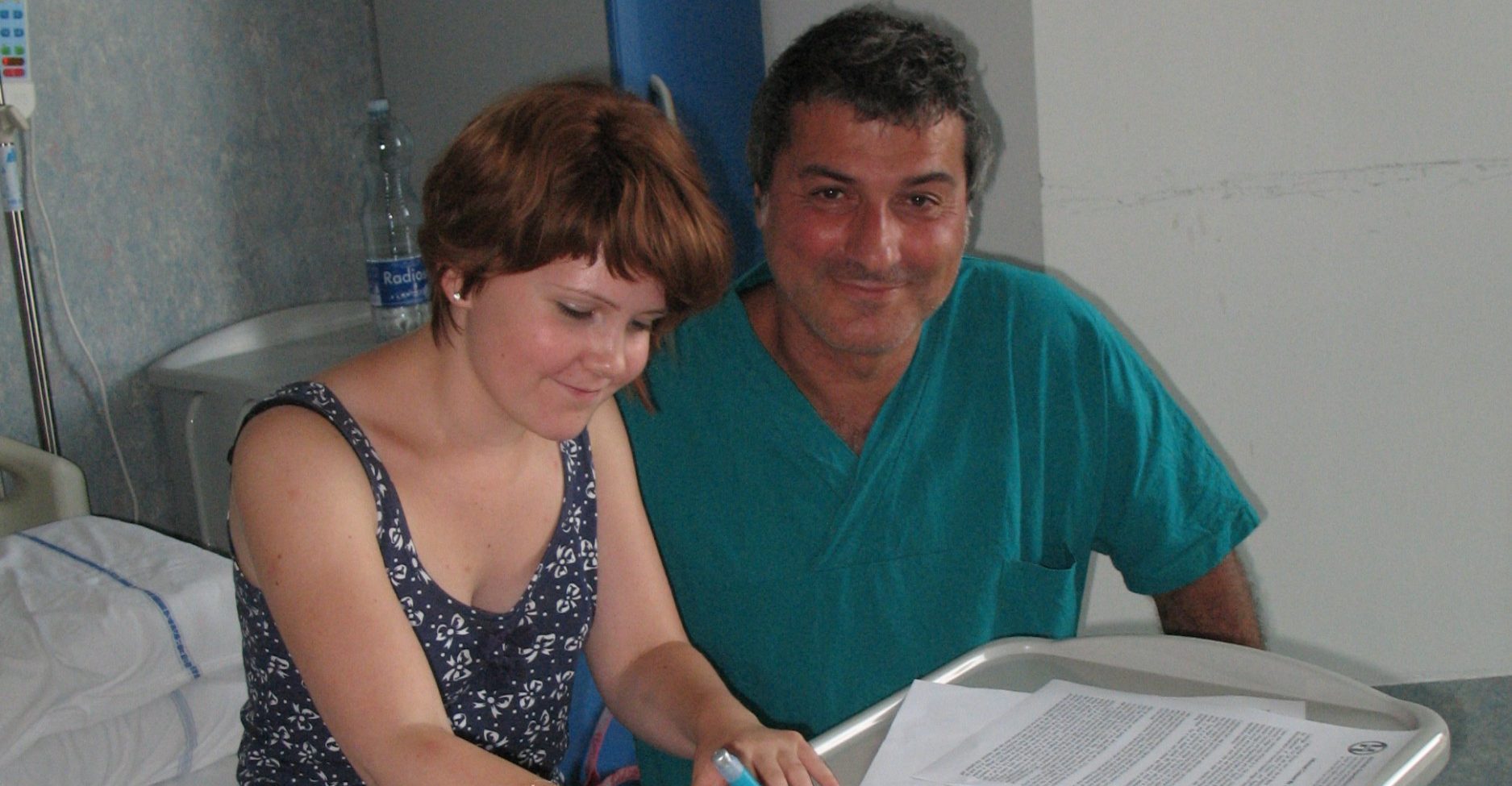People place an immense amount of trust in medical practitioners, essentially entrusting them with their lives. When this trust is shattered or misused, individuals often find themselves with no recourse to address their grievances. The case of Paolo Macchiarini, now infamous for his actions, reveals a disturbing pattern of harming patients that spanned decades before the full extent of his crimes and culpability emerged.
The Peacock documentary, titled ‘Dr. Death: Cutthroat Conman,’ sheds light on the story of one of Macchiarini’s earliest victims, Keziah Shorten. Through her story, the audience is confronted with the egregious lengths the doctor went to, driven by his narcissistic indulgences and a blatant disregard for the well-being of those who sought his expertise.
Who Was Keziah Shorten?
In 2009, Keziah Shorten, an 18-year-old residing in Tonbridge, Kent, faced the symptoms of breathlessness. Seeking medical advice, she consulted her family doctor, only to receive a diagnosis of Adenoid Cystic Carcinoma, an uncommon and slow-growing form of cancer affecting her windpipe. Given the rarity and challenging nature of the condition, Keziah’s family was informed that treatment options were severely limited. Fortuitously, at this critical juncture, Keziah’s uncle, living in Italy and involved in translating medical papers, was acquainted with the innovative work of Paolo Macchiarini.

Macchiarini’s approach involved introducing foreign tracheae and enveloping them in the host’s stem cells, a method aimed at rendering them functional within the host’s body. The University College London Hospital reached out to Paolo Macchiarini, and in May 2010, he met with Keziah Shorten’s family, offering them a promise of restored health. At the time, he held a visiting professorship at UCL, and he proposed to conduct the surgery at Careggi Hospital in Florence.
In July 2010, Keziah underwent her first operation, involving a transplant of a decellularized donor trachea that had been re-cellularized with her autologous stem cells. This innovative procedure essentially entailed taking a trachea from a human donor and adapting it for Keziah’s use. Notably, the surgery received funding from the National Health Service (NHS). Following the procedure, Keziah returned to University College London Hospital for her post-surgical care.
How Did Keziah Shorten Die?
Shortly after returning from London, Keziah experienced the collapse of her trachea, accompanied by a severe infection. After enduring six months in the Intensive Care Unit (ICU) in London, her battle with cancer resurged. Almost 15 months after her initial transplant, a second operation was organized, this time utilizing a synthetic trachea. Despite a brief period of approximately three months spent at home, Keziah’s health deteriorated, and six months following the second operation, at the age of 20, she succumbed to Mediastinitis.
The hospital maintained that Keziah Shorten’s cause of death was unrelated to the transplant. In 2012, another young woman named Shauna Davison, aged 15, bravely participated in the same stem cell tracheal regeneration trial that Keziah Shorten had been a part of, but Shauna passed away merely 13 days after her surgery. When the full extent of Paolo Macchiarini’s wrongful medical practices and unfounded research came to light, the Middlesbrough native’s family expressed shock, asserting that they had never been informed about the death of Keziah, who was part of the same trial.
Alleging a potential “cover-up” involving the hospital, Davison’s family raised concerns about the lack of transparency regarding the outcomes of the trial and the potential risks involved. In response to the escalating allegations, University College London (UCL) initiated a panel to investigate the research fraud, including the involvement of one of their doctors, Martin Birchall. The panel discovered some evidence supporting the allegations, but they concluded that none of Prof Birchall’s actions were undertaken to deceive or cause harm.
Keziah Shorten’s mother, Tracy Hayter, expressed a more forgiving stance toward Macchiarini, noting that his involvement had given them a glimmer of hope during a time when conventional options were exhausted. Acknowledging the experimental nature of the procedures, Tracy emphasized that without these efforts, Keziah might have resigned herself to a bleak prognosis.
Read More: Where Is Ex-Surgeon Paolo Macchiarini Now?


You must be logged in to post a comment.